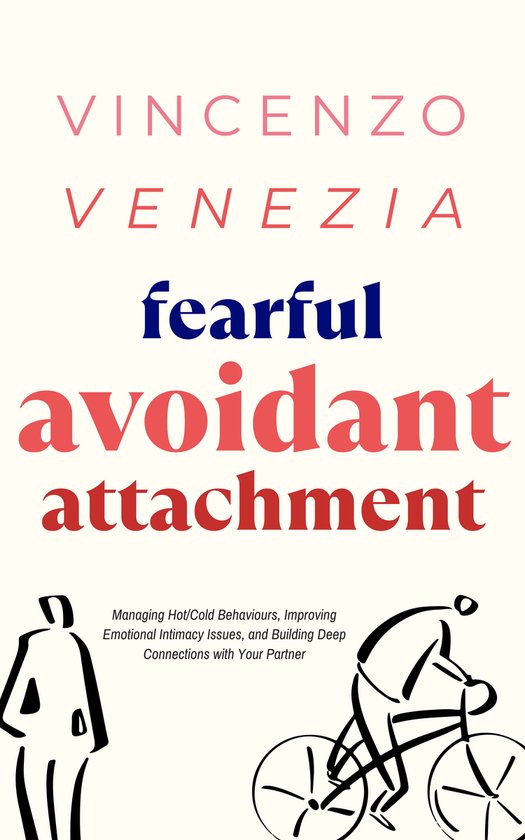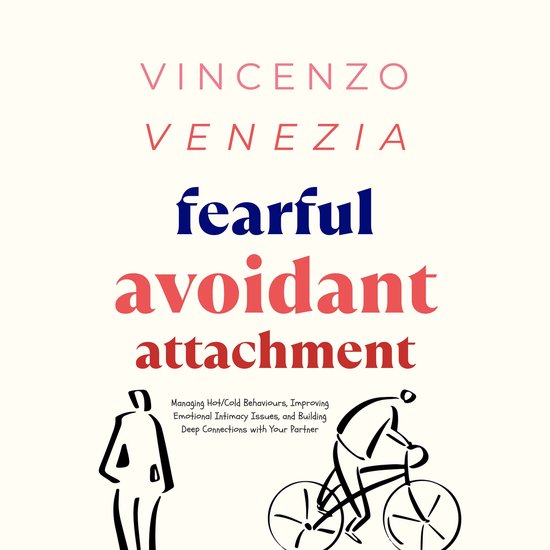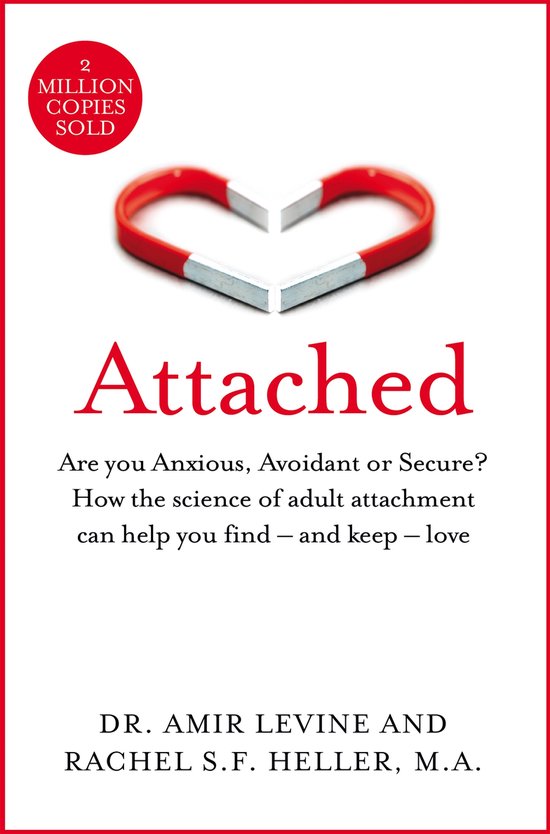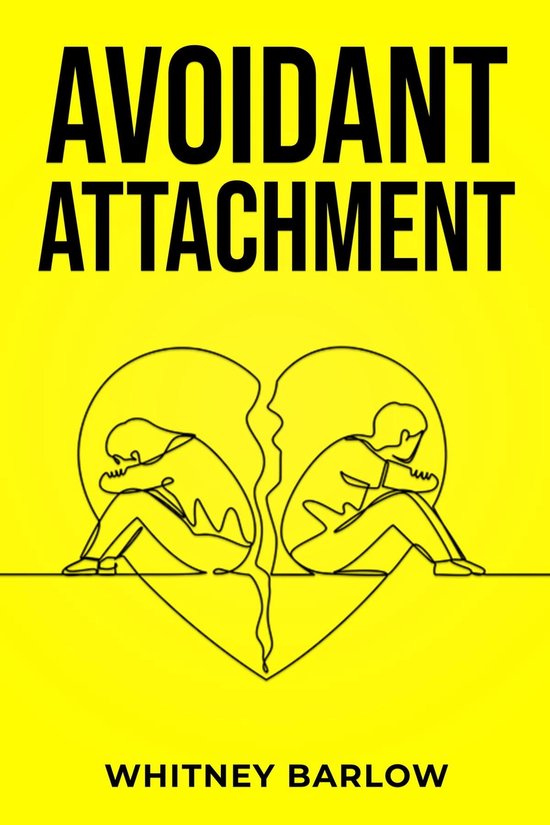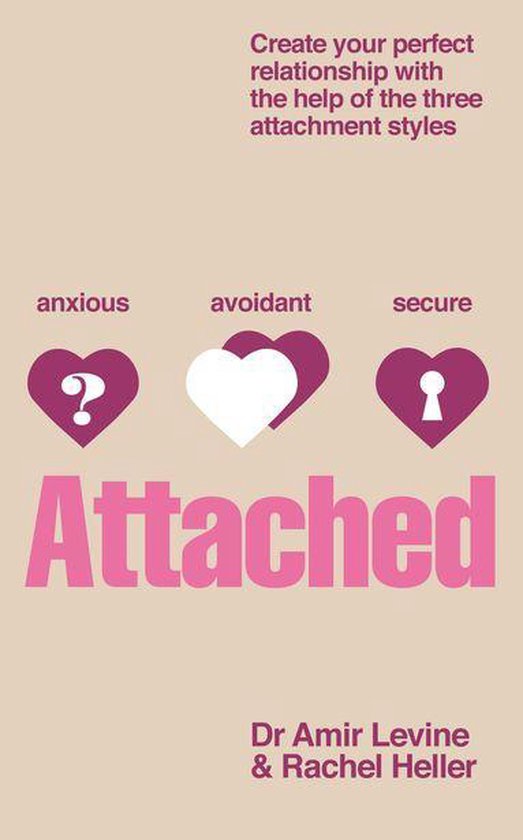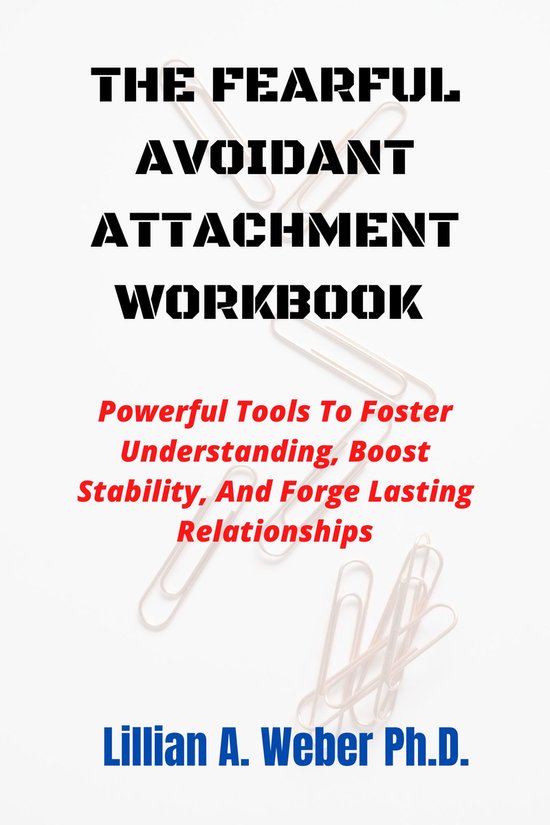
The Fearful Avoidant Attachment Workbook
The Fearful Avoidant Attachment Workbook
Humans are creatures of habit, and we may seek out the same type of partners and find ourselves in a destructive cycle out of a subconscious desire to re-live and correct the issues from our past. Some people may do this because they have a dysfunctional attachment style, which is how they form bonds and connect with others.
Attachment styles are divided into four types: secure attachment, anxious-preoccupied attachment, dismissive-avoidant attachment, and fearful-avoidant attachment. Many people have a secure attachment style, which indicates a healthy childhood and the ability to form close bonds with others. Negative early experiences or adverse childhood events, on the other hand, can result in other attachment styles, making it more difficult to form healthy adult relationships.
Insecure attachment styles, such as avoidant attachment, are typically the result of early trauma. When our primary caregivers fail to meet our needs on a consistent basis, we form the belief that they will not be met by any significant other, [and] that we can never rely on others. It is essentially a defense mechanism, and people with avoidant attachment styles may avoid all relationships or keep anyone new they meet at a distance. They may unexpectedly sabotage their blossoming relationships because they are afraid their new partner will leave them — so they get in there first.
This is an unconscious attempt to ensure that they never go through anything as they did with their original caregiver again. The irony is that by engaging in these learned defenses, we are actually recreating the very thing we were attempting to avoid.
Whatever your attachment style is, you can work within it to find more positive ways to interact with others, but it takes practice and self-awareness, which is what this book is all about.
This workbook provides:
A comprehensive overview of attachment theory
Attachment styles models: the four basic attachment theory styles—Dismissive-Avoidant, Fearful-Avoidant, Anxious Attachment, and Secure Attachment.
An in-depth examination of the FEARFUL AVOIDANT ATTACHMENT: causes, triggers, symptoms, and self-assessments to determine if it applies to you.
The Development of Fearful-Avoidant Attachment in Children: How Attachment Styles Develop in Young Children, How a fearful-avoidant child behaves, How A Fearful Avoidant Child Be Raised To Develop A Secure Attachment
Active healing and management strategies for Fearful-Avoidant Attachment
Dating And Living With An Avoidant Partner
The Attachment Theory Workbook will help you lay the groundwork for strong and long-lasting relationships. You'll be well on your way to healthier relationships if you understand attachment theory. For yourself and others, this expert advice will help you explore your own attachment style as well as identify the attachment style of others, allowing you to better understand their point of view.
| Auteur | | Lillian A. Weber Ph.D. |
| Taal | | Engels |
| Type | | E-book |
| Categorie | |
